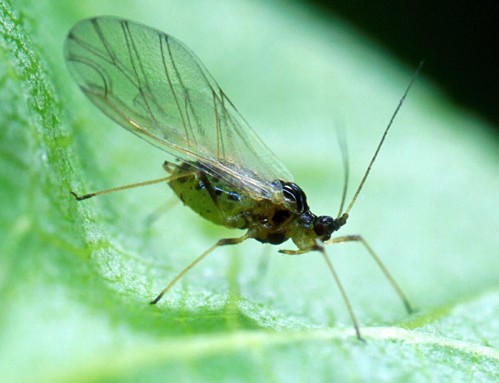
Integrated management of insect pests of potato to delay insecticide resistance and reduce virus spread
Profitable production of potato, which continues to be the most important agricultural commodity in the state of Maine, is impossible without successful control of its insect pests. Insecticides do not provide a long-term solution because of the rapid evolution of resistance in the targeted populations. Furthermore, they are largely ineffective in preventing the spread of Potato Virus Y because of the nature of its transmission by aphid vectors. Integrating various techniques into a unified management approach is the only way to achieve sustainable protection of potato crops. Our project will identify management practices, ecosystem properties, and landscape characteristics that increase risks of chemical failures and disease transmission on potato farms. This will allow their fine-tuning to reduce the probability of serious economic damage being suffered by commercial potato growers. We will also develop a capability to forecast periods of elevated vector activity when additional measures should be taken to curtail virus spread to uninfected plants.
Investigators: Alyokhin, A. V.; Sewell, G.
Unit: School of Biology & Ecology
Termination Date: 30 Sep 2020
